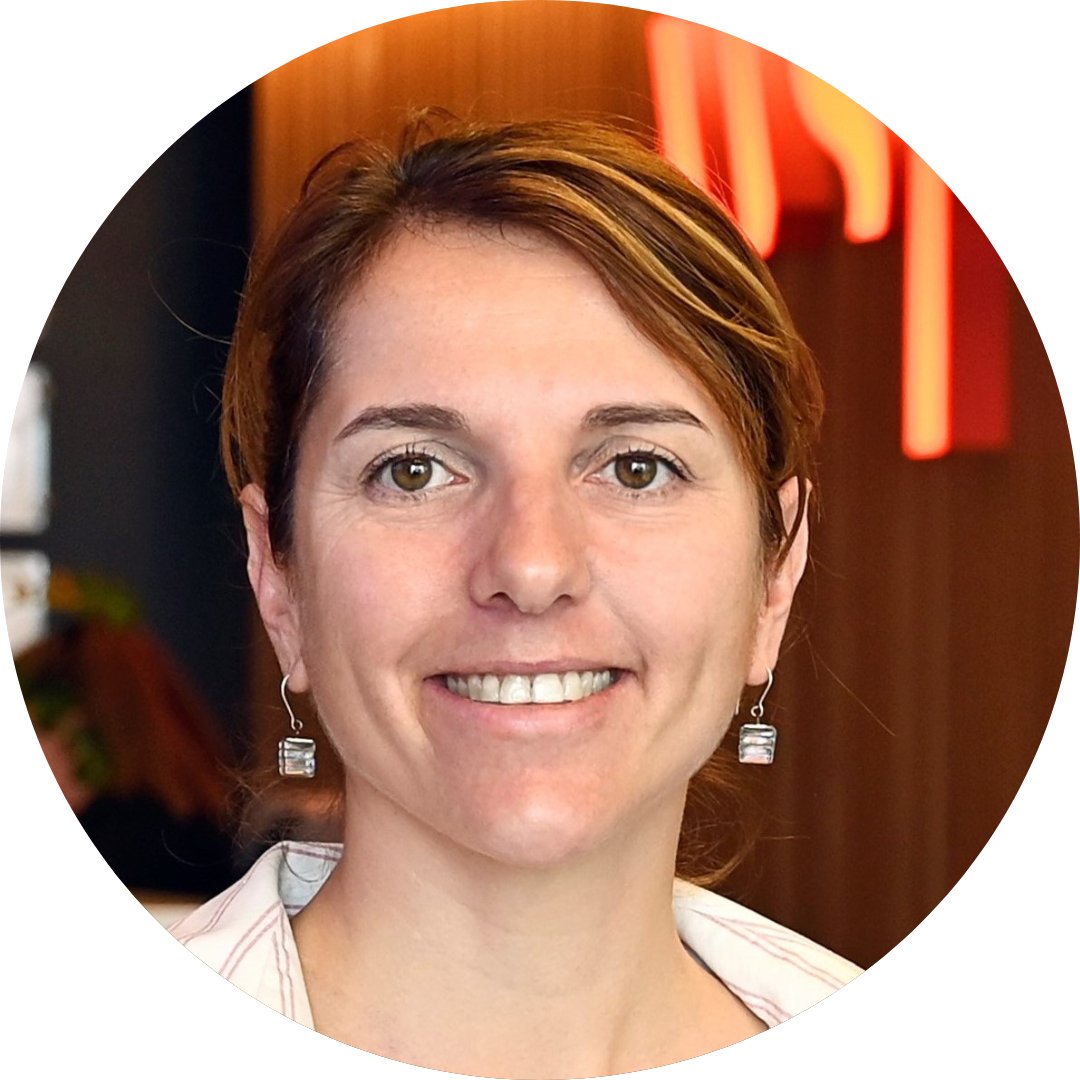What are some of the critical challenges facing our global societies?
And how can some of our biggest organisations create change to solve these challenges?
These are the types of questions that changemakers around the world ask and look to answer in their respective industries.
You might think of the construction industry when you think about leaders in sustainability and circular economy, but WSP is at the forefront of changing that.
Valentina Petrone is passionate about reducing waste in the built environment. As WSP’s Future Ready™ Circular Economy Lead, she implements Circular Economy principles and strategies that help minimise the construction industry’s environmental footprint.
What is the Circular Economy?
That’s an excellent place to start – and thankfully, Valentina has the answer.
“Circular Economy looks at how we manage resources, design and manufacture products, and what we do with them afterwards,” says Valentina. “A Circular Economy approach encourages us to shift away from the linear route of ‘take, make, use and dispose’ and reset our minds to focus on maintaining materials in use at their highest value for as long as possible.”
She goes on to explain the difference between a linear approach and a circular approach:
“In the context of the built environment, Circular Economy considers the whole building life cycle – it means a change to the way we design, operate and manage our buildings and cities by implementing Circular Economy Principles (1. Design out Waste, 2. Keep materials in use, 3. Return materials to the system,) and Circular Design Strategies as visualised below,” she advises.
What is WSP Doing to Support a Circular Economy?
After discovering her passion for circular economies, Valentina was delighted to join WSP to lead the Circular Economy conversation in the built environment and drive positive change.
And she’s been pretty busy!
“Last year was a big year for us at WSP with the completion of Circular Design Guidelines for the NSW Department of Planning, Industry and Environment (DPIE),” Valentina says. “These guidelines aim to educate the building industry, promote waste reduction and materials circularity to create a Future Ready™ built environment. Ultimately, the goal is to facilitate the transition to a Circular Economy through design choices.”
WSP has already delivered several Circular Economy projects, including facilitating Circular Economy principles at the Master Planning Stage for the Moree Special Activation Precinct (SAP).
Find Out More
Keen to learn more about Valentina and her work?
Head to the WSP #Changemakers blog to read her full interview about her work and what she’s up to next.
And if Valentina’s work has piqued your interest in where a career with WSP could take you, look no further than our dedicated employer profile. Head to their page to discover everything you need to know to start a career with these incredible leaders.

